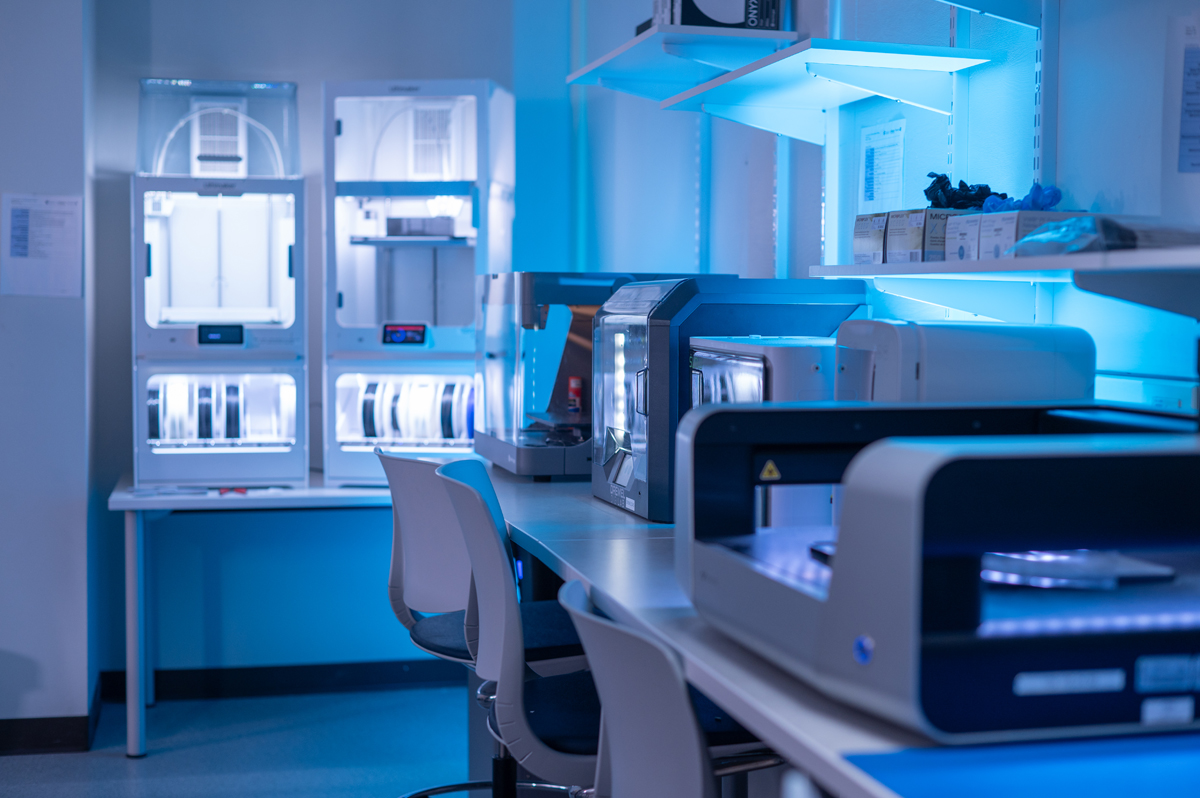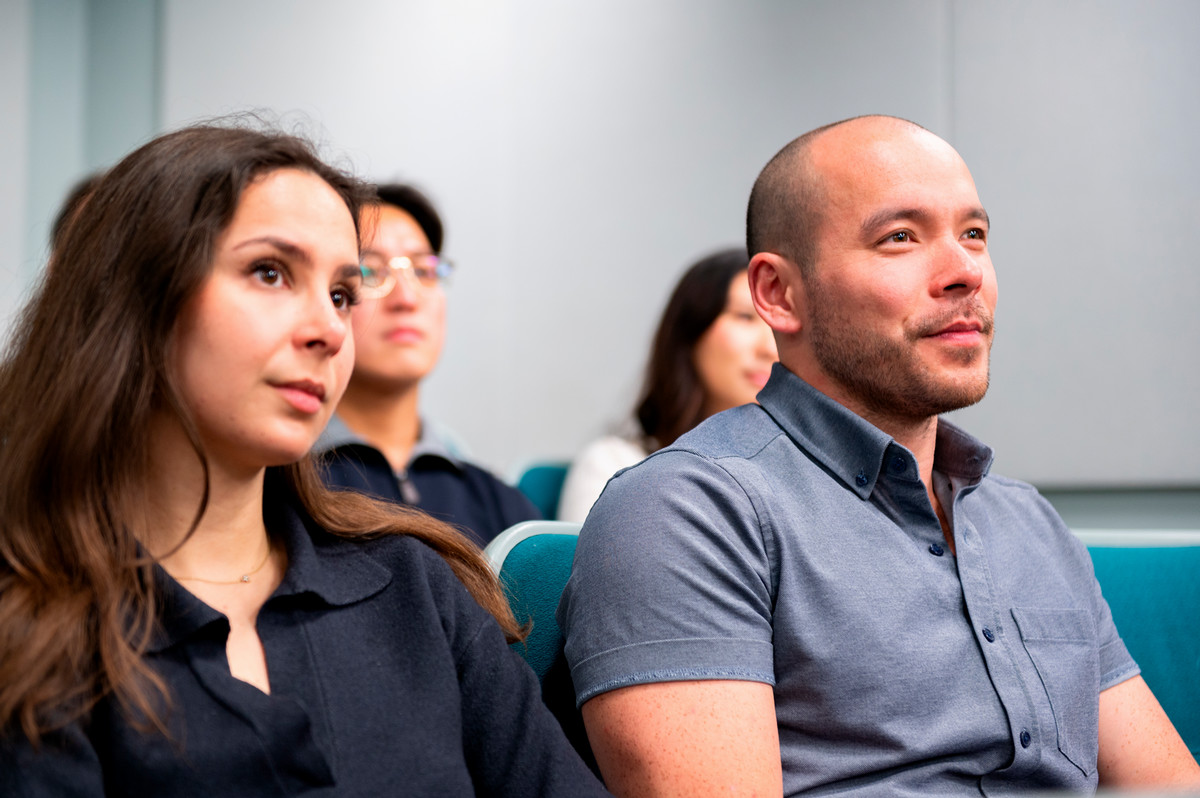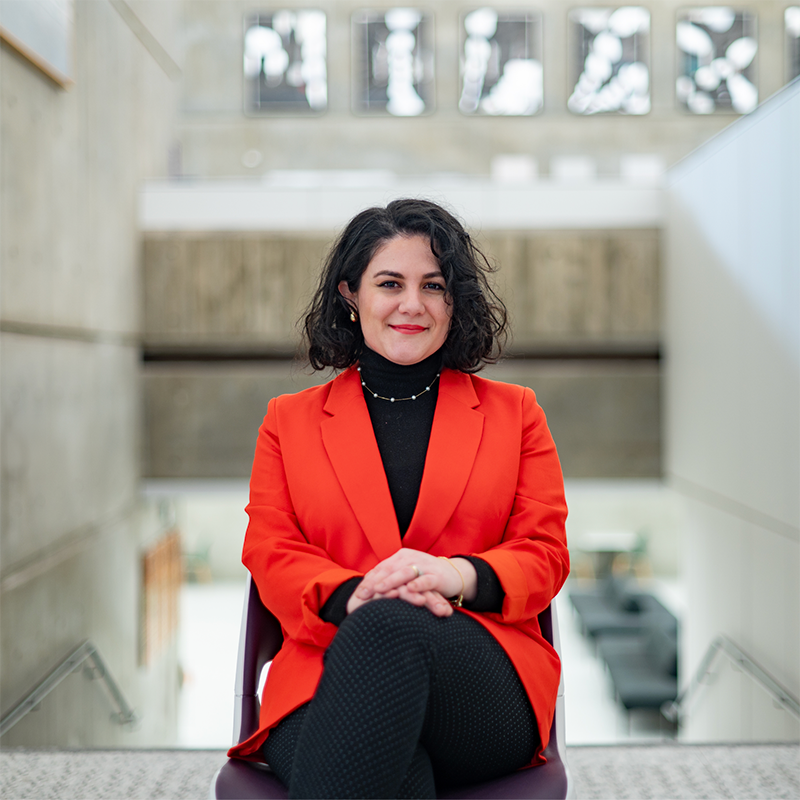Search Website
QUICK LINKS:

Microbiology and Immunology (MSc, PhD)
This intensive program helps you to understand how bacteria and viruses can cause disease in humans. You'll build on this knowledge by exploring how the immune system reacts to these threats. With this foundation you'll explore advanced graduate-level research focused on some of the most significant problems in biomedical science.
Microbiology and Immunology (MSc, PhD)
This intensive program helps you to understand how bacteria and viruses can cause disease in humans. You'll build on this knowledge by exploring how the immune system reacts to these threats. With this foundation you'll explore advanced graduate-level research focused on some of the most significant problems in biomedical science.

Microbiology and Immunology (MSc, PhD)
This intensive program helps you to understand how bacteria and viruses can cause disease in humans. You'll build on this knowledge by exploring how the immune system reacts to these threats. With this foundation you'll explore advanced graduate-level research focused on some of the most significant problems in biomedical science.
About the program
- Program name: Microbiology & Immunology
- Degree level: MSc, PhD
- Program duration, deadlines & requirements: See program details
- Contact: Dianna Puzara dianna.puzara@schulich.uwo.ca
- Website: Microbiology and Immunology
Reasons to study

Core facilities
Our laboratories and equipment feature advanced technologies and services that let you push the boundaries of research in your field.

Weekly seminar series
Attend weekly seminars that offer a better understanding of the research happening in the department and throughout the scientific community.

Infection and immunity research forum
A learner-led initiative within the department that invites prominent researchers to speak. You'll also provide research presentations around the theme “Infection and Immunity.”
Fields of research
Imaging of pathogens and immune cells
Bacteriology & clinical bacteriology
Immunology, autoimmunity, inflammation and transplantation
Cancer & tumour biology
Virology & viral pathogenesis
Bioinformatics, genomics & genetics
Vaccine & drug discovery
Program details
Duration
Three terms (one year)
Application deadlines
- March 15 - Summer intake
Requirements
- Educational background: Must be a fourth-year Honours Bachelor of Medical Science (BMSc) student at Western University with an honours research thesis component.
- Grade requirement: Minimum high B average from the undergraduate degree.
Duration
Six terms (two years)
Application deadlines
- June 15 - Fall intake
- March 31 - Summer intake
Requirements
- Educational background: Honours bachelor’s degree or equivalent in microbiology, immunology or another biological sciences program (holders of MD, DDS, or DVM degrees are also eligible to apply).
- Grade requirement: Minimum high B average from the undergraduate degree.
Duration
Twelve terms (four years)
Application deadlines
- July 31 - Fall intake
- March 31 - Summer intake
- November 1 - Winter intake
Requirements
- Educational background: Honours bachelor’s degree or equivalent in microbiology, immunology or another biological sciences program (holders of MD, DDS, or DVM degrees are also eligible to apply).
- Grade requirement: Minimum high B average from the undergraduate degree.
Apply now via Western's School of Graduate and Postdoctoral Studies
Plan your finances
What it costs
Expenses usually include tuition, fees, housing, food, and other necessities.
Find your tuition and fees in the fee schedules available through the Office of the Registrar.
Support available
As a thesis-based graduate learner, you may be eligible to receive funding.
Check out the funding package for the Microbiology and Immunology graduate program.
Plan ahead
Managing your finances, time, and overall wellness are critical to your academic success
Use the Graduate Student Affordability Calculator to estimate how much money you will need to pay for your tuition, fees, housing, food, and other necessities for a 12-month (three-term) academic year.
Career resources & opportunities
As a Western graduate student, you have access to an abundance of quality professional development opportunities, which make it simple for you to self-direct your learning and development, maximize the value of your degree, and ease your career transition.
Own Your Future
Upskilling graduates for success
Internship program

After graduation
With your graduate training in microbiology and immunology you can pursue professional school, postdoctoral research and advanced training or careers that could include:
- Technician, research associate or scientist in industry or academia
- Government policy advisor or researcher
- Clinical trials coordinator or consultant
- Business and management consultant
- Intellectual property specialist
- Grants or contracts officer
- Bacteriologist/virologist
- Science publisher
In their words

Zeynep Güneş Tepe Demir, PhD in Microbiology and Immunology, 2027
Charting a microbial frontier in viral battles
Have questions? Connect with us!
Contact our program coordinator for more information on the program, or get your questions answered.
Dianna Puzara
Graduate Program Assistant
dianna.puzara@schulich.uwo.ca
Your life at Western
Campus life
Connect, explore, and thrive on our close-knit campus.
Campus tours
Campus tours are available for anyone interested in attending Western.
About London, Ontario
Discover all that Western and London have to offer.